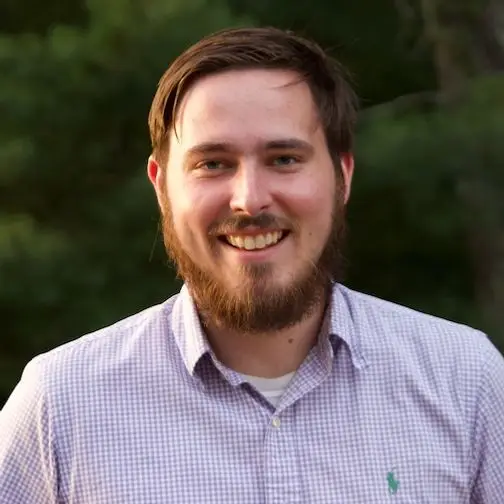This Education Model Cares More About Questions Than Immediate Answers

Is higher education preparing students to fail well? If it isn’t, it should be. Project-based education does this far better.
Seeking Answers
Nowadays, higher education is consumed with seeking answers and memorizing them. Knowing the answers is the key to success, according to the modern higher education model. After all, if we don’t know the answers, we will not pass exams and we won’t be “educated”.
There’s nothing wrong with answers. Truth is a beautiful thing and to know the true answers is a good desire. But it’s all about how we get there. Far too often we try to get to the answers without taking the time to ask the right questions.
The higher education view of success is pretty narrow. You succeed academically if you can pass the exams and write the papers that get a passing grade. As long as you have satisfactory answers, you can “succeed”. You will succeed in your career if you can manage to find a job that pays well with nice benefits.
Likewise, the view of failure is pretty catastrophic. If a student or young job-seeker misses that narrow vision of success, they’ve failed. There’s not much room for optimism. The culture holds up a vision of an academically-sufficient person with a secure job and says “this is what success looks like”. If you don’t look like that, you may be tempted to think you’re not successful.
Finding Questions
But I’d like to suggest that success and failure are far more nuanced than what our culture tells us.
The future of education in your inbox.
Get productivity tips, commentary, and Unbound updates sent to you!
Academic success, that is wisdom and intelligence, should not just be measured by the ability to know the answers, but by the ability to ask the right questions. Answers are important too. But asking questions often requires more skillful thought than simply regurgitating the answers. When we focus on answers, we get “knowledgeable” students. When we focus on questions, we help students develop wisdom, awareness, and critical thinking. (Which is exactly what they will need in life.)
A Wider View of Success/Failure
Furthermore, when we prioritize questions we step away from the narrow view of success and failure. Success is no longer a destination that we must reach, it’s about growth. We can try new things without fearing that we won’t know the answers right away. We can have a learning mindset that prioritizes questions and grows.
Now, success is no longer monopolized by a single vision of a good job. We’ve opened ourselves up to the opportunity of learning skills and experience from any number of jobs, even those that our culture demeans as “lowly”.
We learn by doing things in the real world and then applying questions to understand what went well, what could be improved, and why things turned out the way they did. In the end, this teaches us far more than simply getting by with the answers we were taught reflexively.
That’s what project-based education is all about. It’s about going out into the real world and doing something real, whether that’s running a marathon or building a business. Incorporating questions into this process is key.
We believe that project-based education teaches far more than an answer-obsessed higher education model ever could. We also believe that the wide view of success and failure gives young people the freedom to reach high and ascend step-by-step, instead of being paralyzed by the fear of not knowing the “answers” right away.
Ascend is a project-based education program where students prepare for impactful lives through active learning, leadership training, and Christian community. Apply before May 31st before costs increase.



